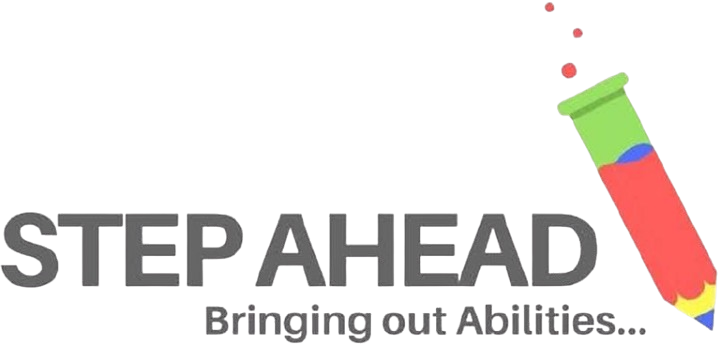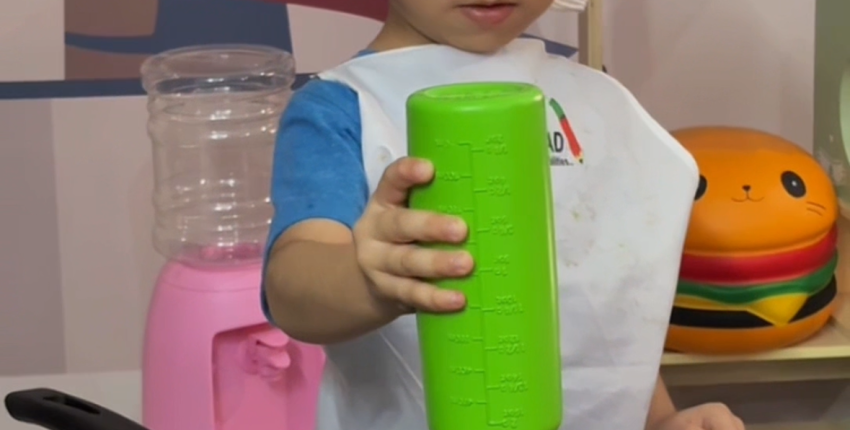Life skills are essential abilities that help teens and young adults navigate everyday challenges, build independence, and prepare for adulthood. These skills go beyond academic knowledge and focus on real-world competencies that support personal growth, social responsibility, and long-term success.
Key life skills include communication, decision-making, time management, financial literacy, problem-solving, self-care, and interpersonal skills. For teens and young adults with additional needs, life skills training may also cover areas like cooking, using public transportation, job readiness, and managing emotions or social situations.
Programs that teach life skills often use practical, hands-on activities to promote learning and confidence. These may be delivered in schools, community centers, therapy settings, or through home-based coaching. Role-playing, real-life simulations, and guided practice are commonly used to help young people apply what they’ve learned in everyday situations.
Developing life skills is crucial for increasing independence and building a foundation for adulthood. Whether the goal is higher education, employment, or independent living, these skills help teens and young adults take responsibility, set goals, and make informed choices.
Life skills training empowers young people to lead more confident, capable, and fulfilling lives—equipping them with the tools they need to succeed in a rapidly changing world.









